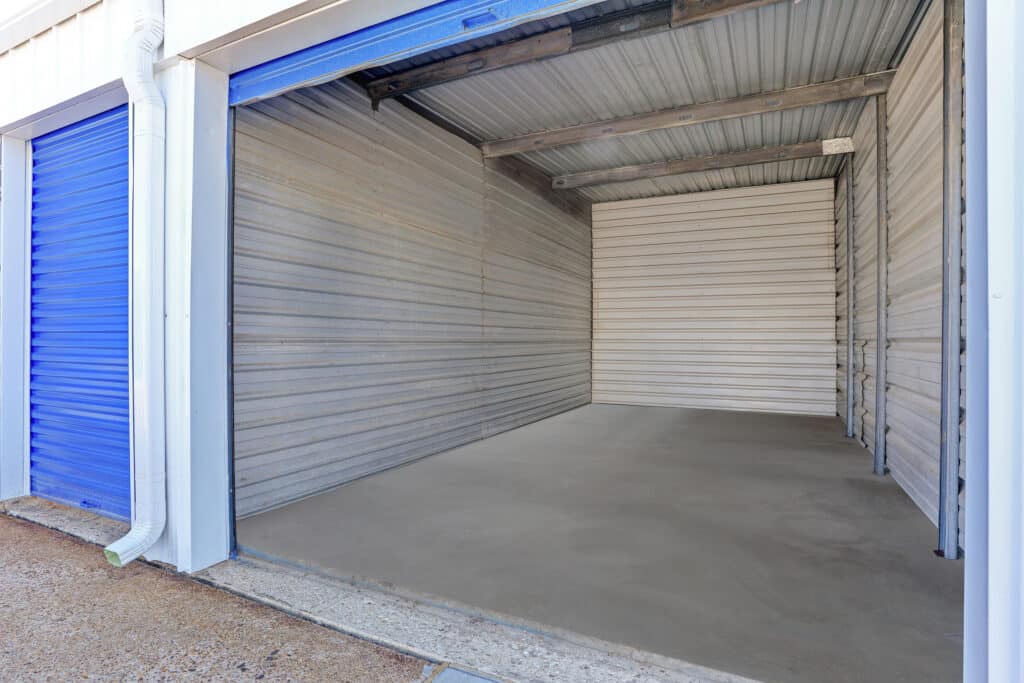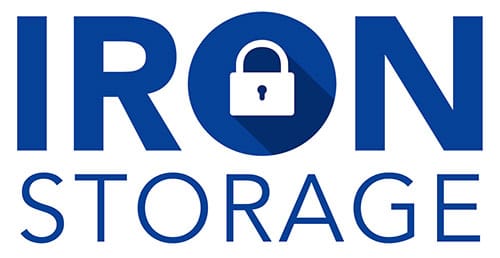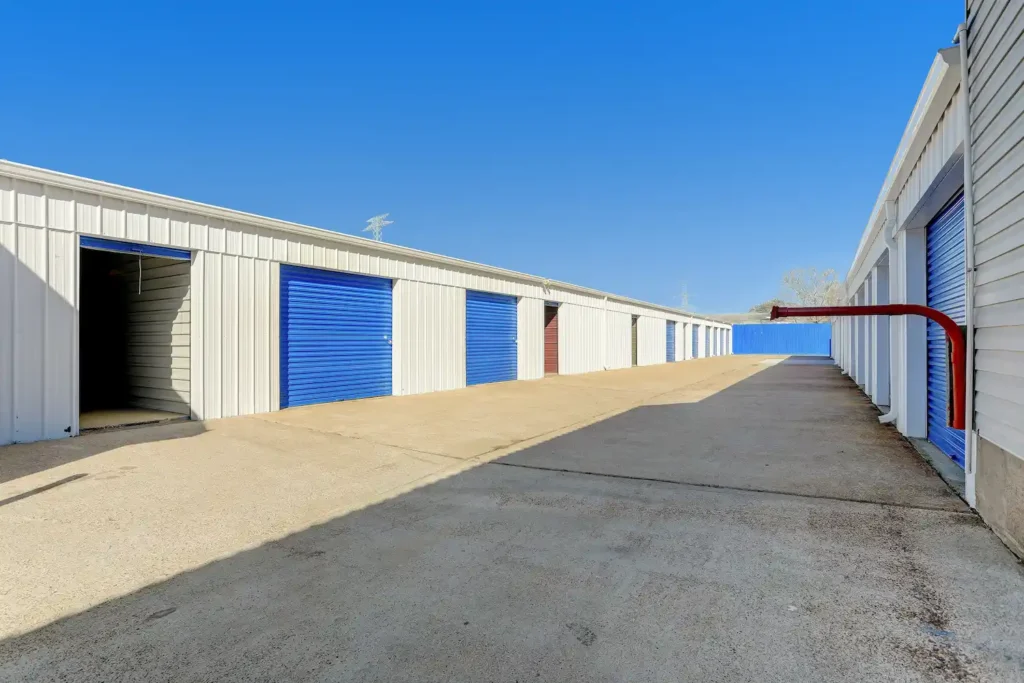Self storage has become a popular solution for individuals and businesses alike who need extra space to store their belongings. Whether it’s due to downsizing, moving, renovating, or simply decluttering, self storage facilities offer a convenient and secure way to store items for a short or long period of time. In this article, we will explore what self storage units are, why one should choose self storage, how to choose a self storage facility, what people commonly store in self storage, what items cannot be stored, how long belongings can be kept in storage, the emptying fee at a self storage facility, and finally, whether self storage is the right solution for you.

What Are Those Self Storage Units?
Self storage facilities consist of various units or lockers of several sizes that individuals or businesses can rent to store their belongings. These units are generally made of sturdy materials to ensure the safety and security of the stored items. The size of these units varies, ranging from small lockers to large rooms, depending on the needs of the renter. Some units have climate control features to protect sensitive items such as electronics, artwork, or documents from temperature fluctuations.
Modern self storage facilities are designed to provide safe and easy access to the storage units. They are typically equipped with security measures such as surveillance cameras, keypad entry systems, and on-site management. These security features give renters peace of mind knowing that their belongings are protected from theft and damage.
Why Choose Self Storage?
There are several advantages to choosing self storage facilities over other storage options. Here are some of the main reasons why people opt for self storage:
- Flexibility: Self storage offers flexible rental terms, allowing individuals or businesses to rent space for as long as they need it. Whether it’s a month or a year, renters have the freedom to choose the duration that suits their requirements.
- Security: Compared to storing items in a garage or basement, self storage facilities provide a higher level of security. With surveillance cameras, access control systems, and on-site staff, the risk of theft or damage to belongings is significantly reduced.
- Accessibility: Self storage facilities provide easy accessibility to stored items. Renters can usually access their units seven days a week, with extended operating hours. This convenience allows for easy retrieval or addition of belongings whenever needed.
- Space Optimization: Self storage units are particularly useful for individuals or businesses that have limited space available. By storing less frequently used or seasonal items in a storage unit, renters can free up valuable space in their homes or offices, making them more organized and efficient.
How to Choose a Self Storage Facility
Choosing the right self storage facility is crucial to ensure the safety and security of your belongings. Here are some considerations when selecting a facility:
- Location: Consider the location of the facility and its proximity to your home or workplace. Opting for a facility that is closer to you can save time and travel costs.
- Security Measures: Look for facilities that have robust security measures in place, such as surveillance cameras and gated access. It’s important to feel confident that your belongings are protected.
- Climate Control: If you have temperature-sensitive items, check if the facility offers climate-controlled units to prevent damage from extreme temperatures or humidity.
- Unit Size: Evaluate your storage needs and choose a unit size that fits your requirements. It’s better to opt for a slightly larger unit if you anticipate needing more space in the future.
- Cleanliness and Maintenance: Inspect the facility for cleanliness and proper maintenance. A clean facility reflects the level of care the management takes in maintaining the premises.
- Reviews and Recommendations: Read reviews from current or previous customers to get an idea of the facility’s reputation. Personal recommendations from friends, family, or colleagues can also be helpful.
- Rental Fees and Terms: Compare rental fees and contract terms among different facilities. Look for hidden costs such as insurance, administrative fees, or late payment charges.
What Do People Put in Self Storage?
People store a wide range of items in self storage units. Some common items include:
- Furniture: When downsizing or during a move, furniture is often placed in storage until it can be sold, donated, or used again in the future.
- Appliances: Large appliances like refrigerators, washers, or dryers can be stored when they are not being used or during a transition period.
- Seasonal Items: Sporting equipment, holiday decorations, and clothing for different seasons are often stored in self storage units to free up space in homes.
- Vehicles: Some self storage facilities offer storage options for vehicles such as cars, motorcycles, boats, or RVs.
- Business Inventory: Businesses often use self storage units to store excess inventory, archives, office equipment, or trade show displays.
- Personal Belongings: Individuals may store personal belongings like books, collectibles, artwork, and sentimental items that they don’t have room for in their homes.
What Can You Not Store in Self Storage?
While self storage units offer great convenience, there are certain items that cannot be stored due to legal or safety reasons. These items include:
Hazardous Materials: Flammable, explosive, or toxic substances are strictly prohibited from self storage units. This includes gasoline, propane, fireworks, chemicals, or any other hazardous materials.
Perishable Items: Food items, plants, or any other perishable goods should not be stored in self storage units to avoid spoilage and associated issues like pests or odors.
Living Creatures: It goes without saying that living creatures, whether human or animal, should never be stored in self storage units.
Illegal Items: Storing illegal drugs, stolen goods, or any item that is against the law is strictly prohibited.
If you have any doubts about what can or cannot be stored in a self storage unit, it is best to consult the facility’s guidelines or speak with the facility manager.
How Long Can You Keep Your Belongings in Self Storage?
The length of time you can keep your belongings in a self storage unit varies depending on the facility and your rental agreement. Some facilities offer flexible month-to-month contracts, allowing renters to use the storage unit for as long as they need it. This is particularly useful for individuals who require short-term storage during a move or a renovation project.
What Is the Emptying Fee at a Self Storage Facility?
When you decide to empty your self storage unit and remove your belongings, there may be an emptying fee associated with the process. This fee is typically not standard across all facilities and can vary depending on factors such as the size of the unit, the length of storage, and the condition in which you leave the unit.
The emptying fee covers the cost of disposing of any leftover items that you do not remove from the unit. To avoid this fee, it’s crucial to empty the unit completely, clean it, and return it to the facility in the same condition as when you rented it.
If you are uncertain about the emptying fee or any other potential charges, it is advisable to clarify this with the self storage facility prior to renting the unit.
Should I Use Self Storage?
The decision to use self storage ultimately depends on your individual or business needs. If you find yourself lacking space, need temporary storage during a transition, or require a secure location to store valuable items, self storage can be an excellent solution.
Before renting a self storage unit, consider the advantages it offers, including flexibility, security, and accessibility. When choosing a facility, conduct thorough research, read reviews, and ensure it meets your specific requirements in terms of location, security measures, and unit size.
Remember to plan ahead and determine what items you want to store, ensuring they comply with the facility’s guidelines. By doing so, you can more easily choose the size of the storage unit you will need.
In conclusion, self storage facilities provide a practical and secure solution for storing belongings. Whether you need short-term or long-term storage, self storage offers flexibility, peace of mind, and organization.
Author
-
Arthur Waldmann is the Marketing Director at Iron Storage and a thorough researcher of the self storage industry. Feel free to send any questions his way.
View all posts








